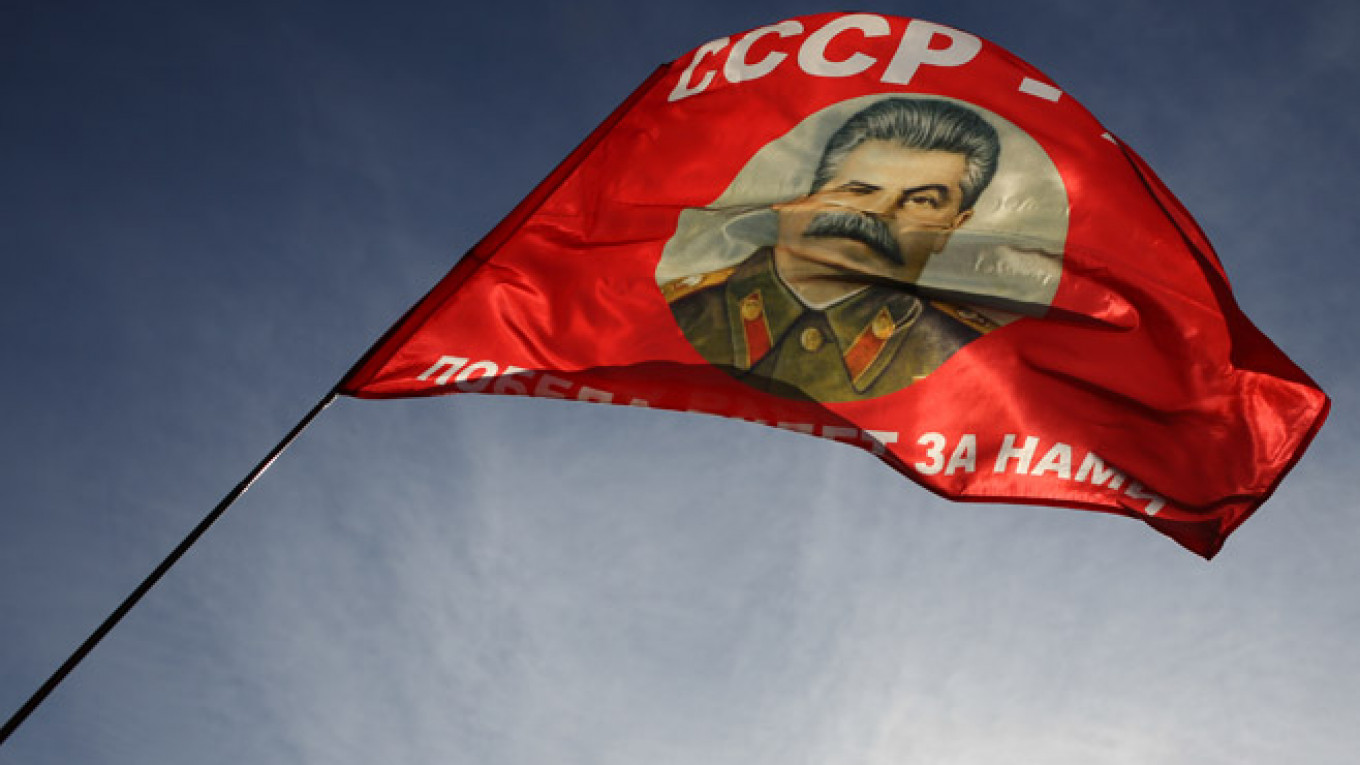The 18th century naturalist Georges-Louis Leclerc once said, "The style is the man himself." However, style also defines state authorities. It is therefore no wonder that another classic thinker, Soviet dissident Andrei Sinyavsky, said that he had "stylistic differences" with the Soviet authorities.
There is a certain style to holding power, and in this sense, we can speak of the Stalinist style of the Russian authorities.
"A typical character in typical circumstances" — such is the case of the young Lieutenant-General Denis Sugrobov and Major-General Boris Kolesnikov. Both worked for the Interior Ministry's Main Directorate for Economic Security and Anti-corruption where they ostensibly investigated corruption in government agencies and reported the results to senior officials.
Now Sugrobov is being prosecuted for corruption and Kolesnikov has committed suicide, after allegedly breaking past two guards while being questioned.
This is more than just a war between intelligence agencies, but Stalinist methods at work in the 21st century. As in Stalinist times, it has once again become dangerous to enjoy professional success and high rank. The mysterious death of General Kolesnikov and the subsequent worthless and vulgar explanations of what happened are pure 1930s.
And the recent raid on the apartment of anti-corruption whistleblower Alexei Navalny at 4 a.m. on the trumped-up charge that he stole a meaningless picture only demonstrates the infantilism and arrogance of the authorities.
After all, they knew that details of the incident would wind up on the Internet, and yet they made no effort to conceal their actions. Only Stalinist investigators can compare for pure stupidity. No doubt they will next accuse Navalny of digging a spy tunnel from Lake Baikal to the Amur River.
And what is all this about hunting for saboteurs at the Khrunichev space center? They cannot get their missiles to fly, so they blame it on saboteurs. It sounds like a great subject for a remake of the 1939 propaganda film "Bolshaya Zhizn," or "The Big Life," about saboteurs in the coal industry.
The 2014 version would show saboteurs in the missile industry and could even use the original theme song "A young man of Donetsk strolled onto the steppe," after all, what could be more relevant today than Donetsk?
The series of ridiculous proposals by State Duma deputies is not simply a sign of this country's political degradation, it is Stalinist style in action: the more absurd the lie, the more convincing it is. The ban on sneakers and excessively high heels is headed in the same direction as the pseudoscience of Soviet-era agronomist Trofim Lysenko.
But the very tone of today's political environment encourages and even stimulates the mass of Duma deputies to such feats of creativity: what yesterday seemed absurd today becomes the law. What was yesterday just a silly joke, today has become front page news.
The problem is that such absurd policies are only possible not in authoritarian, but in totalitarian societies. The boundary between them is ephemeral, like that between waking and sleeping.
The important thing is not to miss that fleeting moment of transition.
Andrei Kolesnikov is a commentator for Novaya Gazeta newspaper. This comment originally appeared in Vedomosti.
A Message from The Moscow Times:
Dear readers,
We are facing unprecedented challenges. Russia's Prosecutor General's Office has designated The Moscow Times as an "undesirable" organization, criminalizing our work and putting our staff at risk of prosecution. This follows our earlier unjust labeling as a "foreign agent."
These actions are direct attempts to silence independent journalism in Russia. The authorities claim our work "discredits the decisions of the Russian leadership." We see things differently: we strive to provide accurate, unbiased reporting on Russia.
We, the journalists of The Moscow Times, refuse to be silenced. But to continue our work, we need your help.
Your support, no matter how small, makes a world of difference. If you can, please support us monthly starting from just $2. It's quick to set up, and every contribution makes a significant impact.
By supporting The Moscow Times, you're defending open, independent journalism in the face of repression. Thank you for standing with us.
Remind me later.








